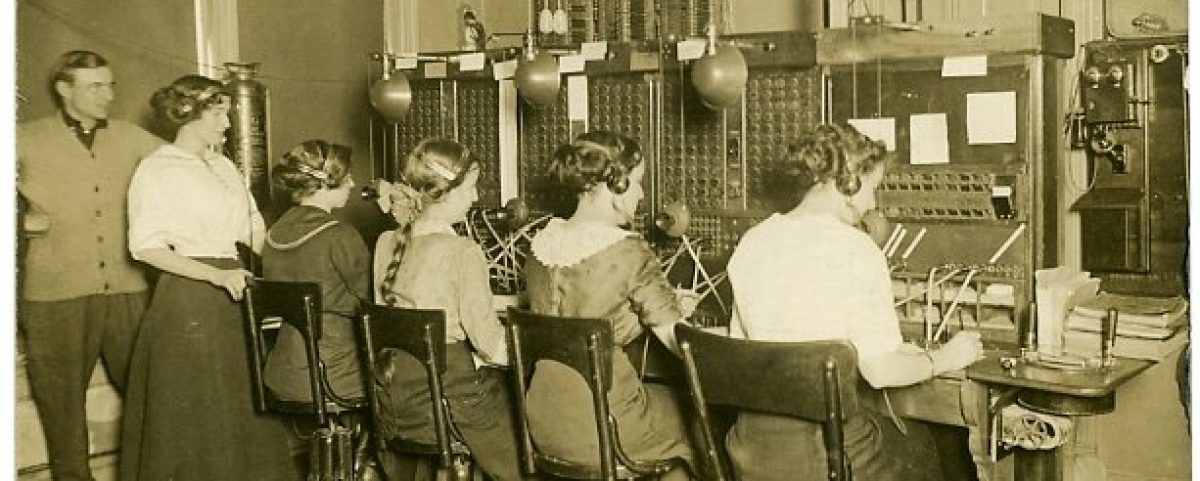“The Book of Negroes” is an essential resource for those researching African American genealogy and slavery during the American Revolution. The British meticulously compiled this enumeration during their evacuation of New York at the end of the war in 1783. The ledger contains detailed information about approximately 3,000 self-emancipated and free Black people who evacuated alongside British loyalists and soldiers.

Each handwritten entry provides vital information, including the individual’s name, age, and description. By consulting this remarkable source, researchers can uncover details about their journey to freedom, including the identity of their enslavers and the circumstances around their escape.
During the American Revolution, Sir Henry Clinton, the British Commander-in-chief in the colonies from 1778 to 1782, issued the Philipsburg Proclamation on June 30, 1779. This proclamation offered protection and freedom to enslaved individuals who escaped their patriot enslavers and sought refuge with the British. According to Maya Jasanoff, the author of Liberty’s Exiles: American Loyalists in the Revolutionary World, around 20,000 enslaved people joined the British, while approximately 5,000 Black men served in the Continental Army.
On November 30, 1782, peace negotiations between Great Britain and American diplomats resulted in the signing of the preliminary articles of peace. The peace treaty stipulated that owners of self-emancipated Black people who reached British lines by that date would receive compensation, and these individuals would be granted freedom.
Sir Guy Carleton, who assumed command of British forces in America, organized the orderly evacuation of New York, the final British port. Carleton ordered the creation of the ledgers to document the loss of enslaved property, which the British government would later compensate. Carrying certificates of freedom, approximately 3,000 Black people joined the Loyalist exodus from New York to Nova Scotia in 1783.
Here are several free digital resources online to help with mining these old enumerations:
- The Library and Archives of Canada has created a searchable database with the names of 2,831 people appearing in the book.
- The “Book of Negroes” exists in two original versions, the British and American. This is a link to the American version at the National Archives.
- The website, the “Black Loyalist Digital Collection,” provides an abstracted textual record in chronological order with notations.

